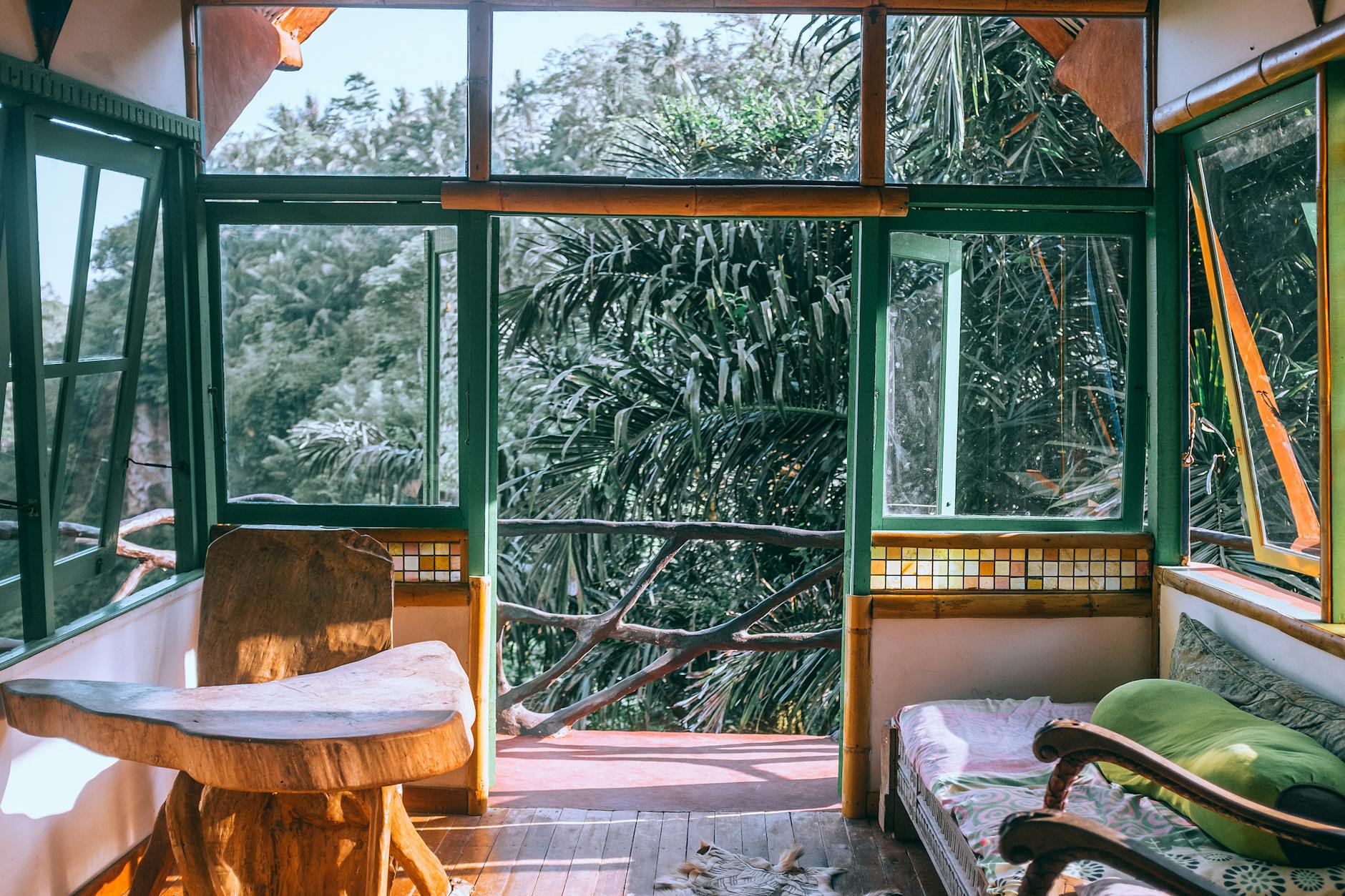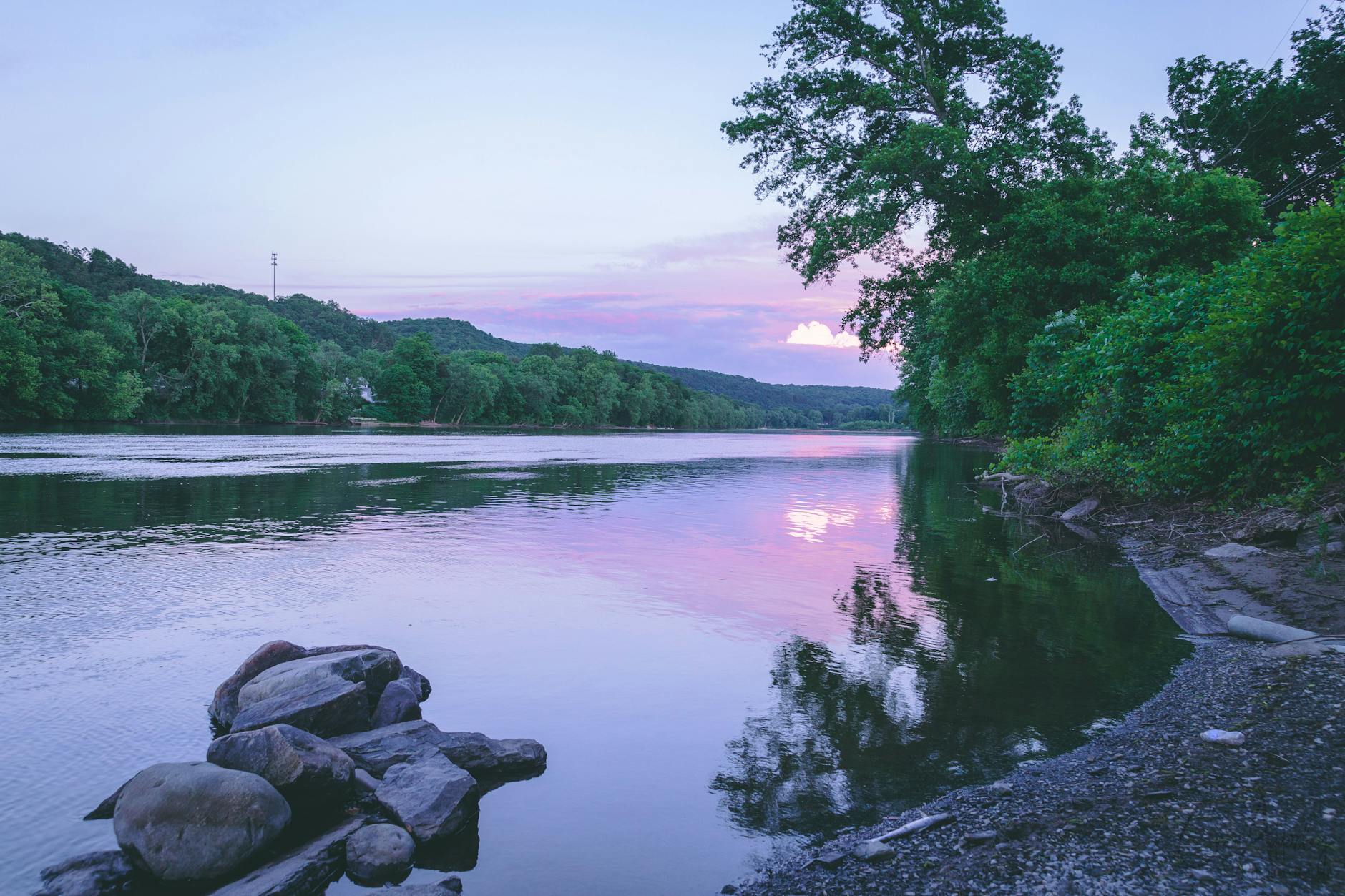How to Explore Australia Sustainably as an Ecological Conservationist

Planning Eco-Friendly Travel
Embracing eco-friendly travel involves making informed choices that truly align with conservation ideals. My own journey through this began when I realised the extent of travel's impact on our ecosystems. Being from Melbourne, a visit to the Royal Botanic Gardens Victoria often serves as a piercing reminder of how crucial biodiversity is to our environment. From that point, I knew setting sustainable travel goals was vital not just for me, but for future generations.
Exploring options that prioritise ecological preservation is an essential step. Consider tailormade African safari experiences that emphasise wildlife conservation and educate travellers about maintaining ecosystem balance. Similarly, Machu Picchu tours can offer insights into ancient civilisation while contributing to preservation efforts. Even a South Georgia cruise can enlighten you about delicate marine environments and the importance of protecting such habitats.
When it comes to itineraries, selecting low-impact transportation methods helps in reducing your carbon footprint. Choosing trains or boats over flights, whenever feasible, is often underrated but highly effective.
The conversion to eco-friendly travel is not just a personal transformation; it's a chance to inspire others. With each step—whether learning more about sustainable tours or opting for eco-friendly transport—you not only enrich your travel experience but also contribute to a more sustainable world.
Discovering Australia's Green Spots
Exploring Protected Natural Areas
Australia is a treasure trove of vibrant ecosystems that hold immense importance in the fight for biodiversity. My fascination with the biodiversity efforts in Victoria often draws me to the Royal Botanic Gardens Victoria. This place is a gem, fostering countless native species and offering an insight into sustainable practices. Another pivotal point on my eco-friendly journey has been discovering areas where conservation efforts thrive. As you plan your South Africa tours or a breathtaking Kenya safari, consider your ecological footprint and the initiatives supporting local wildlife.
Visiting Conservation Projects
Visiting conservation projects has allowed me to directly contribute to the preservation of natural wonders. Initiatives like those at CERES Community Environment Park provide practical insights into urban sustainability, showing firsthand how community efforts can make waves in conservation. If you're exploring protected areas, seek out projects that align with these values, supporting the balance between tourism and conservation. Many programs focus on habitat restoration and wildlife rescue, providing pivotal roles in local ecosystems.
Supporting Aboriginal Ecotourism
Aboriginal ecotourism offers a profound connection to the land, providing immersive experiences that honour the rich cultural heritage and sustainable practices of Aboriginal communities. These tours shed light on the ancient wisdom associated with environmental stewardship, inviting us to engage respectfully with Indigenous culture. Embracing eco-friendly tours across the Yarra Valley, for instance, illuminates the region's significant Indigenous history while promoting sustainable tourism practices that respect and conserve Native lands.
Practicing Responsible Tourism
Respecting Wildlife and Habitats
In my years of exploring eco-friendly travel options, I've found that respecting wildlife and habitats is crucial for sustainable tourism. Visiting places like the Royal Botanic Gardens Victoria in Melbourne has taught me the importance of not disturbing natural ecosystems. When participating in tailormade africa safari tours, I ensure to maintain a respectful distance from animals, as close interactions can disrupt their natural behaviours. It’s imperative to follow the guidelines set by tour operators to avoid negative impacts on the environment during our travels.
Minimizing Waste and Footprint
On my visits to eco-friendly tours in the Yarra Valley, I've observed how adopting sustainable practices can significantly minimize waste. Simple actions such as using reusable water bottles and avoiding single-use plastics have a substantial impact. Initiatives like composting and recycling are commonplace in such tours, reflecting an ethos that aligns with sustainable travel. When joining tanzania tours, being mindful of these practices helps preserve the pristine conditions we travel to enjoy, ensuring that future generations can experience them too.
Supporting Local Eco-Initiatives
During a recent visit to the CERES Community Environment Park, I was inspired by their sustainability initiatives that actively involve local communities. Supporting such initiatives fosters environmental education and community involvement, making a lasting impact. Purchasing local goods, opting for eco-certified guides, and engaging in community-led conservation projects are effective ways to support these efforts while traveling. This not only benefits the environment but also enriches our travel experiences, teaching us about the importance and power of local initiatives in achieving sustainable tourism goals.
Engaging in Conservation Activities
Volunteering Opportunities
Volunteering in conservation activities offers a tangible way to contribute to preserving our natural world. I've witnessed the profound impacts of these efforts firsthand during my time at the Royal Botanic Gardens Victoria, where volunteers play a critical role in habitat restoration and species protection. For those inclined to seek opportunities abroad, consider engaging in south america travel where initiatives focus on conserving the Amazon rainforest or the Galápagos Islands. Not only do these experiences strengthen your understanding of ecology, but they also foster a deeper connection with the local communities that defend these precious ecosystems.
Participating in Citizen Science
Citizen science provides a unique platform for individuals to contribute to large-scale environmental research projects. In places like the Royal Botanic Gardens Victoria, involvement in citizen science initiatives has helped collect valuable data, driving conservation strategies. Similarly, travellers can partake in projects globally, such as monitoring bird migrations in the Yarra Valley or more exotic locations like African reserves. These activities not only advance conservation research but also enable participants to develop a nuanced appreciation for wildlife and ecosystems through programs like african tours.
Supporting Biodiversity Research
Supporting biodiversity research is vital for informed conservation decisions. Whether through financial contributions or advocacy, every effort counts. Local institutions like the CERES Community Environment Park, known for its sustainability initiatives, thrive on community support to promote innovative research and action. Abroad, consider supporting projects that align with your conservation goals, such as those focusing on South American or African biodiversity. Engaging with these efforts can not only guide researchers in their work but also embolden you to champion further environmental causes.
Challenges in Preserving Nature Through Travel
Tackling Eco-Tourism Myths
As an avid conservationist based in Melbourne, I've often noticed that eco-tourism is laden with misconceptions that can deter potential eco-travellers. One common myth is the belief that eco friendly travel Australia is expensive and inaccessible. During a visit to Yarra Valley, I discovered budget-friendly eco-friendly tours aiming to shatter this misconception, proving that sustainable travel can be both affordable and rewarding.
Balancing Cultural Understanding
Cultural sensitivity is fundamental in any travel, particularly when engaging with Aboriginal ecotourism experiences. It's vital to recognise and honor the traditions and values of the local communities we visit. Reflecting on my time at the Royal Botanic Gardens Victoria, a location that actively engages with Indigenous plant knowledge, I realised the importance of listening and learning to avoid inadvertently disrespecting cultural practices. This balance fosters a deeper connection with the land and its people.
Assessing Authenticity of Sustainability
In a world brimming with sustainability claims, distinguishing genuine efforts from mere greenwashing can be challenging. When I explored the sustainability initiatives at CERES Community Environment Park, it was evident that rigorous measures are employed to ensure authenticity. One must assess whether an eco-experience aligns with goals to conserve biodiversity and foster responsible travelling, rather than just capitalise on the eco-trend. By embracing genuine eco-friendly practices, we can contribute positively to the spaces we cherish.


